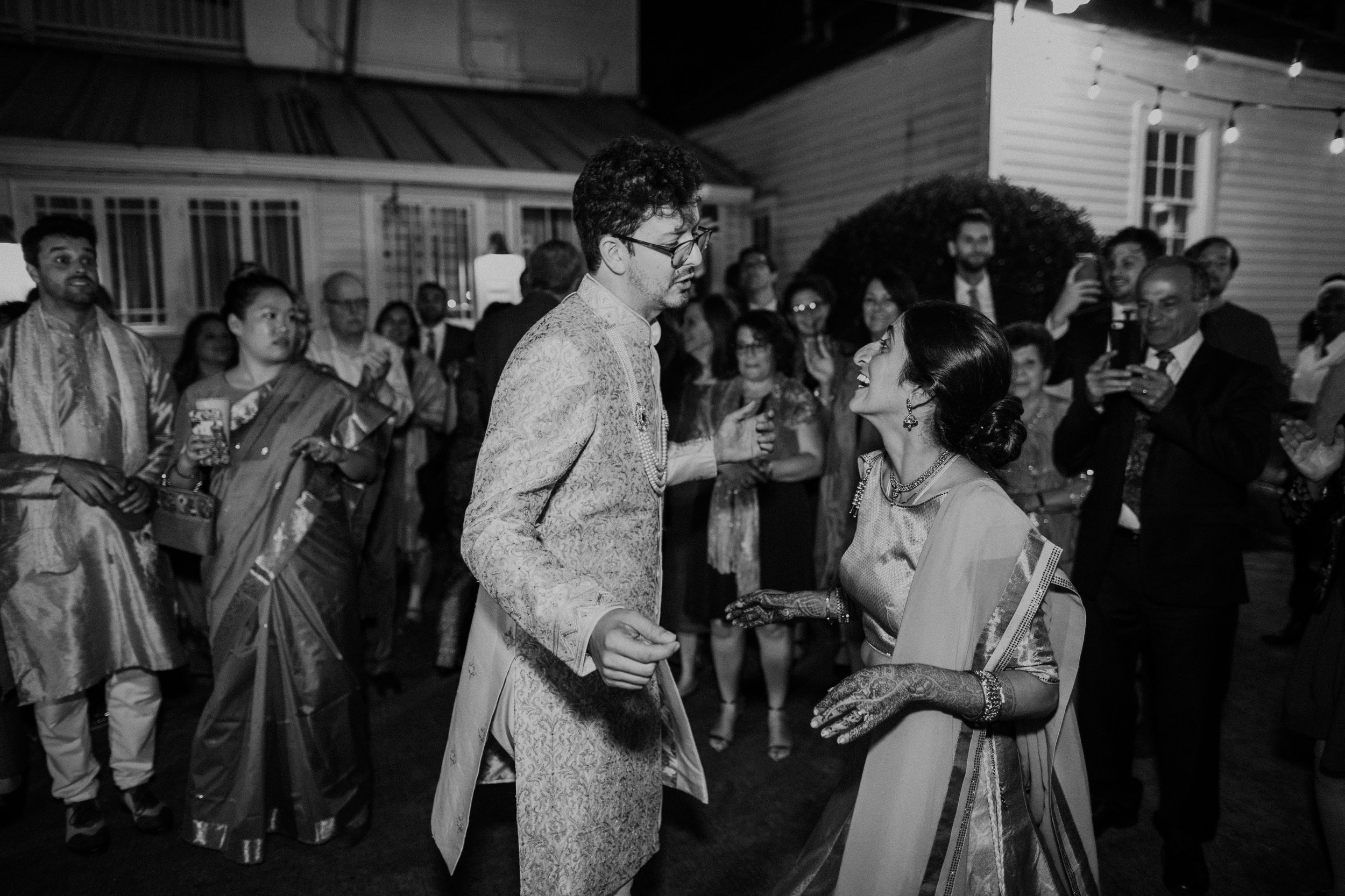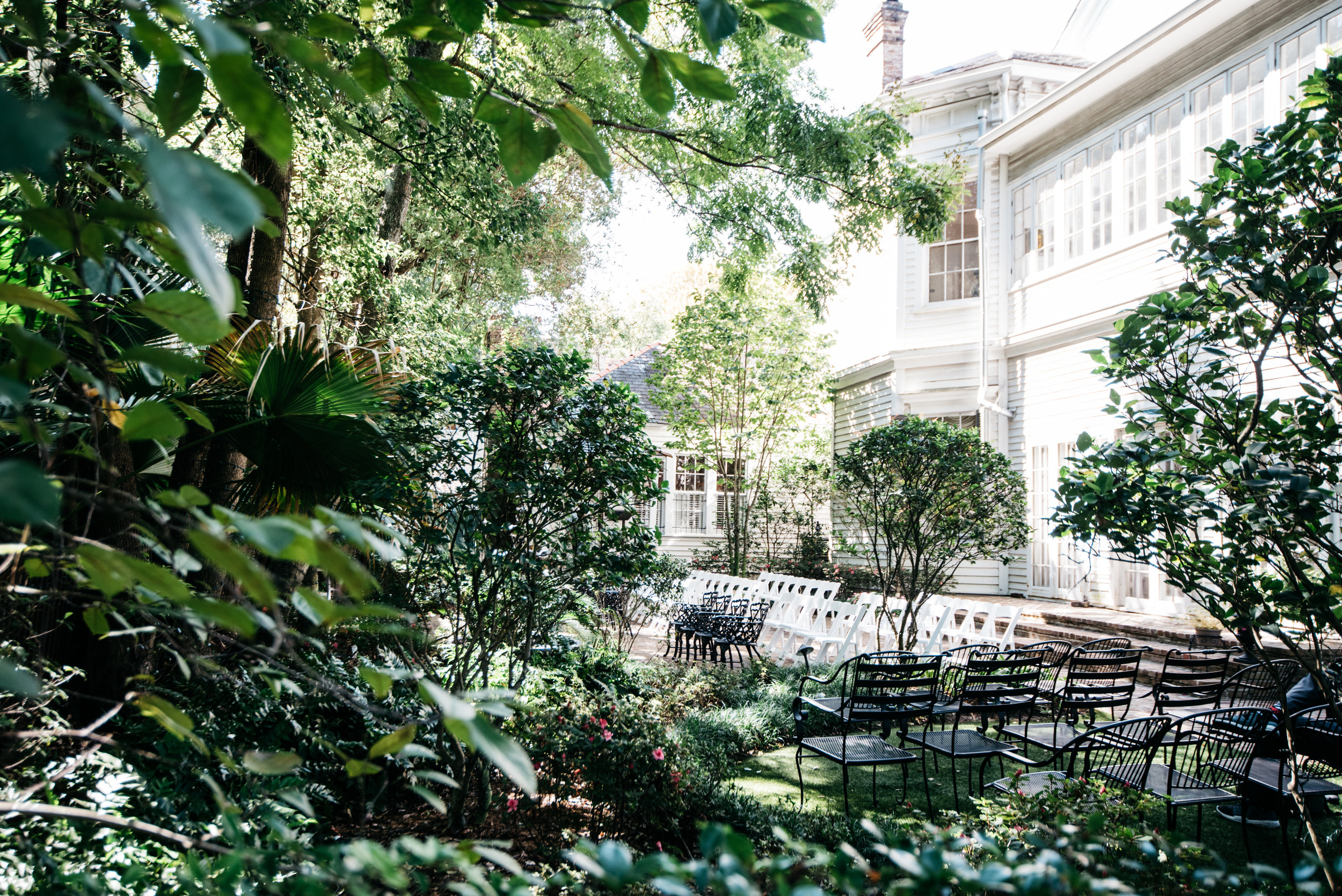KEEP IN MIND, BLACK PEOPLE EXIST BEYOND RACISM
/On November 8 –9, 2019 the 1811 Slave rebellion reenactment took place; I learned about it in 2016. The idea of reenacting an unsuccessful slave revolt didn’t/doesn’t enlighten my spirit. To be fair, I’m not a fan of reenactments in general. I was adamant that I wasn’t going to participate; the idea of the project was unsettling to me. Who benefits from a slave rebellion reenactment? And how do they benefit? Is the benefit, tangible or intangible?
On the evening of January 8, 1811, after about a year of planning, enslaved individuals from the Andry Plantation (36 miles from New Orleans on the east bank of the Mississippi River) started what would be the largest slave revolt in American history. They lost. The Territory of Orleans (Louisiana) never became a Black Republic. The rebellion was brutally suppressed. Why would anyone want to reenact that? Why would I?
Dread Scott billed his reenactment as re-imagining history. The great “what if?” What if there was a place in America that eliminated racism/white supremacy? What if these Black people won their liberation? To be sure, in the hush harbors (meetings held to recruit reenactors/volunteers) that I participated in-words like empowerment, resilience, strength, and freedom were continuously thrown around. My co-workers were enraptured and I was enlisted (coerced) to participate. It was an experience, one that I haven’t truly digested. What is it about the words empower and resilience that makes Black people “fall in love” with any old bullshit? For example, when politicians pander to the Black community claiming that they will provide access to quality education, medical care, etcetera just to be elected. In this case a New York-based artist is inspired by the fearlessness of oppressed Black people in Louisiana and using it as a springboard to make a movie casting us (the descendants of these warriors) as actors. Recently, I was asked what I wanted for my descents and how I want them to live? I was asked this question in the context of my participation in the slave rebellion reenactment and I immediately answered that I want free Black children. Children who don’t feel the need to validate their humanity and equate their existence to trauma.
For those who participated in the reenactment, who were empowered and fulfilled or if it informed you about acts of resistance in your own backyard–I am happy for you. That wasn’t my experience. What I need now is beyond the imagination of what was envisioned for that weekend. I need the actualization of the 500 enslaved individuals who envisioned their freedom. However; moving forward, I know that can only be done if I build that world myself. I don’t need to reaffirm that my ancestors were resilient and brilliant. I know that already.
If you’re interested in art that expresses more than our trauma, I encourage you to research afro-futurism, read Octavia Butler; if your local check out the work of Kristina Kay Robinson, who built an entire world on Black liberation with her Republica: Temple of Color and Sound. Keep In Mind, art doesn’t always imitate life, and Black people exist beyond the spectrum of racism and white supremacy.












